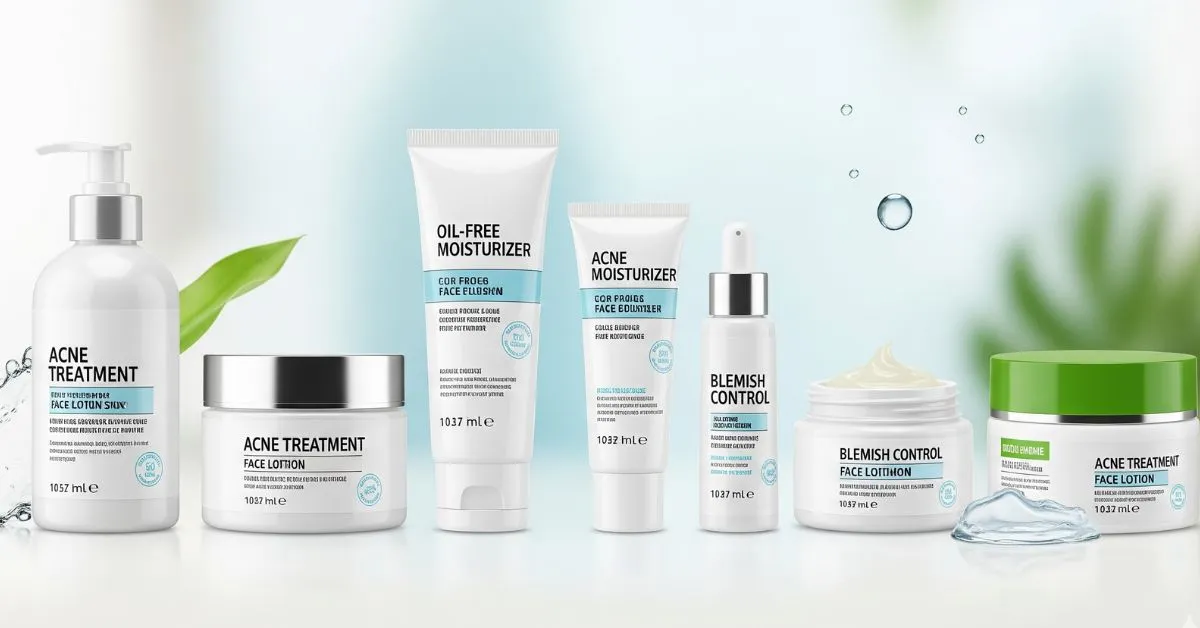6 Tips for Preventing a Relapse

Addiction recovery is usually a long-term process since it needs more after the completion of treatment. A patient’s period in an addiction treatment center entails therapy sessions, group works, and medications based on a person’s condition. This enables a patient to develop a substantial recovery for their recovery. However, after completing the treatment program, the skills and lessons learned should be kept in mind to avoid drug or alcohol relapse. The following are some tips for maintaining sobriety after finishing a treatment program.
Avoid Temptation
One of the common indicators of a relapse is the tendency to push boundaries when dealing with temptations. Regardless of what your mental state tells you, you should avoid placing yourself in dangerous circumstances if you want to avoid getting back to drugs. This situation entails people, things, or places that may trigger you to get into drugs or drinking alcohol. So, avoid these circumstances at all if possible, regardless of the cost. If a relapse is a concern, your family members or true friends will understand that your physical and mental health is more crucial than those events that may trigger substance abuse.
Change Your Environment
Apart from avoiding negative circumstances, a person undergoing recovery should also develop healthy positive environments for themselves. For instance, if you feel like going to your usual pub since you live in the location, move into a new location. You can also find a location with positive amenities like parks, museums, or libraries where you can visit and meet new people.
Create a Schedule
Although a person requires some free time to reduce or manage their monotony or stress, too much of it can create space for thinking about substance use. When undergoing recovery after addiction treatment, every free time can turn to a possible chance to get back to your usual habits. Although a treatment program in rehabs in Austin equips patients with coping skills and mechanisms to avoid a relapse, much free time may trigger negative thoughts. However, creating a schedule doesn’t mean being busy all the time. It entails understanding it and creating a structure that suggests activities to engage in and focus on when you develop cravings for the substance.
Exercise
Engaging in physical activities is a fantastic way of dealing with stress. Besides, exercising also improves a person’s physical and mental health. You can also opt to engage in things you like, such as sports activities. Engaging in physical activities can also reduce chances of developing health conditions like obesity, heart conditions, depression, or anxiety, among many others. Furthermore, since depression and anxiety are primary causes of drugs and alcohol addiction, a little exercise can prevent you from experiencing a relapse.
Eat Healthily
Eating a healthy diet is also crucial in someone’s health. Some nutritional deficiencies and imbalances such as omega-3 fatty acids, vitamin B and D, and magnesium can cause depression other health issues. This can complicate your recovery journey and the chances of achieving permanent sobriety. Therefore, you should pay attention to your diet.
Create a Support Network
Since isolation is a significant factor when it comes to addiction, your recovery journey should entail developing many healthy support sources to find the most appropriate for you. Since there are several available support networks, the 12-step treatment approach is an effective method to consider. Joining a recovery group is an excellent way of reducing the risk of alcohol or substance abuse relapse.
After addiction treatment, a person should focus on achieving their sobriety goals. This needs some effort and sacrifice. The above tips can help you to achieve your goals.




